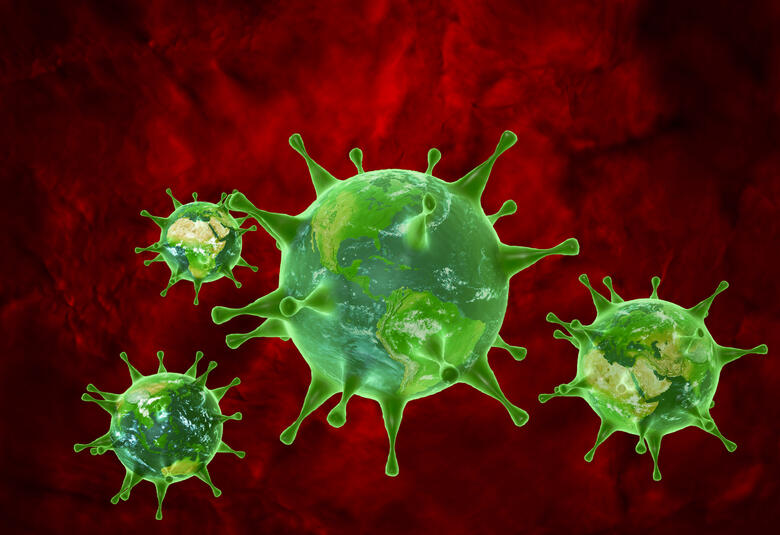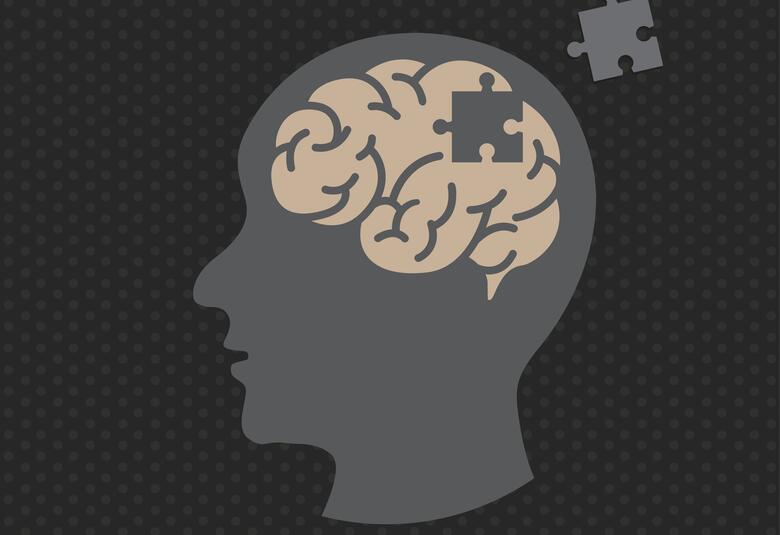Professor Gabriele Fischer of University of Vienna welcomed the early-morning audience to this session on a beautiful sunny Berlin day. She introduced Professor David Baldwin from the University of Southampton, UK, who brought his extensive clinical and research experience to bear on the weighty subject of treatment-emergent sexual dysfunction.
Sexual dissatisfaction is common
Sexual dysfunction and dissatisfaction is a fact of life for many people, regardless of whether they have mental-health problems. Prof Baldwin reviewed key evidence from large epidemiological trials of the general population in The Netherlands and the UK showing that problems with sexual response or satisfaction are relatively common (affecting around 40% of men and 50% of women in the UK), although only a proportion of responders reported that these problems were distressing. There were many risk factors for the presence of sexual problems (for example poor employment status, physical health problems, childhood history etc.). Mood disorders also conferred a substantial risk for patients reporting different kinds of sexual dissatisfaction. This link between depression and sexual problems was so marked that sexologists have recommended investigating the presence of depression in people who report prominent sexual dysfunction.
Depressed about sex and sexual depression
In patients with depression, the most common sexual problems were reduced sexual desire and dissatisfaction, although reports ran the gamut of possible complaints, including occasional reports of distressing hypersexuality. In women, at least, the risk of adverse effects on sexual function appeared to increase with recurrences of depressive episodes.
Around 40–50% of patients receiving antidepressants reported some treatment-emergent sexual side-effects, Prof Baldwin stated. These were very meaningful for patients, as self-esteem, personal relationships, mood and quality of life all worsened once patients experienced sexual dysfunction. These treatment-related effects did vary from drug to drug, and, worryingly, in a few cases, persisted long beyond the time the patient stopped taking the medication.
According to Prof Baldwin, these sexual effects are not surprising, as the neurotransmitters involved with normal sexual functioning show a large overlap with those thought to be affected by mood disorders and/or their treatment. Add to this the complex interplay of vascular, muscular, endocrine and neural effects of a sexual response in the periphery, and it is clear that both depression itself and its treatment are likely to have multiple effects on these systems.
We need to have that talk…
Assessing patients’ sexual problems fully, including the effects on their partners, is a time-consuming undertaking, Prof Baldwin pointed out. Many psychiatrists may not have time to take such a detailed history in routine clinical practice. However, they do have time to ask some direct questions of the patient about their sexual functioning, and possibly to administer a short questionnaire such as the Arizona Sexual Experiences Scale (ASEX) or the Salamanca Sex Questionnaire (SALSEX).
Sexual healing
Prof Baldwin discussed several strategies (effective and ineffective) for managing sexual dysfunction associated with antidepressants. Choosing a drug that is less associated with these effects may prevent the problem altogether in a proportion of patients. Waiting for remission of sexual problems does not work, as they do not generally spontaneously improve while on treatment. Drug holidays can be effective when patients are in remission, but can also lead to worsening of mood symptoms, and are only possible for drugs with a short half-life. Delayed dosing – taking the drug in the evening after having sex – can be effective. Though, as Prof Baldwin pointed out, taking an antidepressant immediately after making love may give a mixed message to the patient’s partner!
There is, then, hope for this distressing effect of depression and its treatment. That sexual dysfunction can be recognized and investigated by psychiatrists and prevented or treated in many patients.
Disclaimer: The sexual side-effects of psychotropic drugs’ was an ECNP scientific symposium. Our correspondent’s highlights from the symposium are meant as a fair representation of the scientific content presented.




